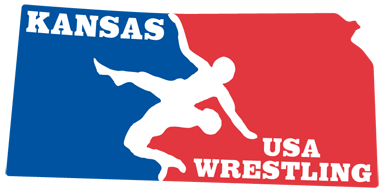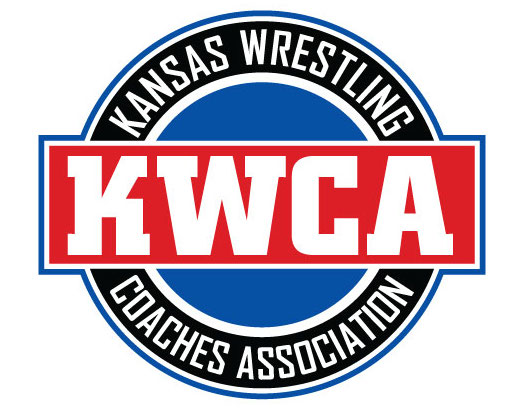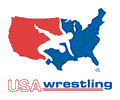This thread started out very good and has some very good points on both sides of the issue. After reading these posts I think the crux of the problem with the rules are pretty simple....
Freedom of Choice.
As with anything you will always have some kids that want to train all the time and strive to be the best they can be. On the other hand you will also have kids that don't take wrestling that serious and want to be the best they can be during the wrestling season. The problem with the KSHSAA rule as I see it is that it limits and restricts the kids who have made the choice to do all the extra work. I think that the focus should be what is best for the kids and that means less restrictive in my book. In this case I agree with Will.
Now the issue that was raised about education and wrestling or other sports....I guess I need someone to define education for me. Wrestling and other sports have provided me with some of the best education I have ever received. Now don't get me wrong, the ACADEMIC Education is very important and I won't argue that it needs to be the priority. What I don't agree with is the idea that ACADEMIC Education replace or be the only means of education for our wrestlers. This sport more than any sport I ever played teaches us life lessons that can be applied every day. Wrestling and other sports should be looked at as educational tools just like math class, reading, etc. They are all tools that can be used to do the following....
1. Achieve a college education
2. Produce productive, hardworking, goal setting members of society.
Which leads to the other part of this thread that I think is a travesty.....2 of the best college education opportunities in the country reside here in KS (KSU & KU). Yet, student athletes that are wrestlers don't have an opportunity to gain those educations if they want to also wrestle.
I applaud Erik Hinkley and his efforts to create change at the collegiate level! Likewise, I applaud Will's efforts for trying to create change at the high school level.
Both have the best interests of the kids at the heart of their argument.
Shawn Budke







